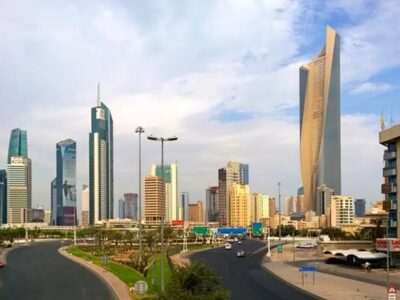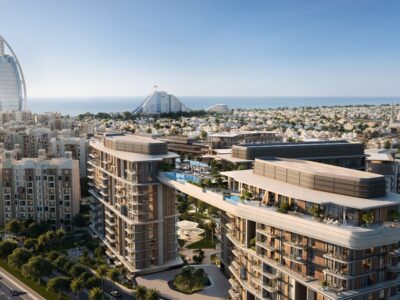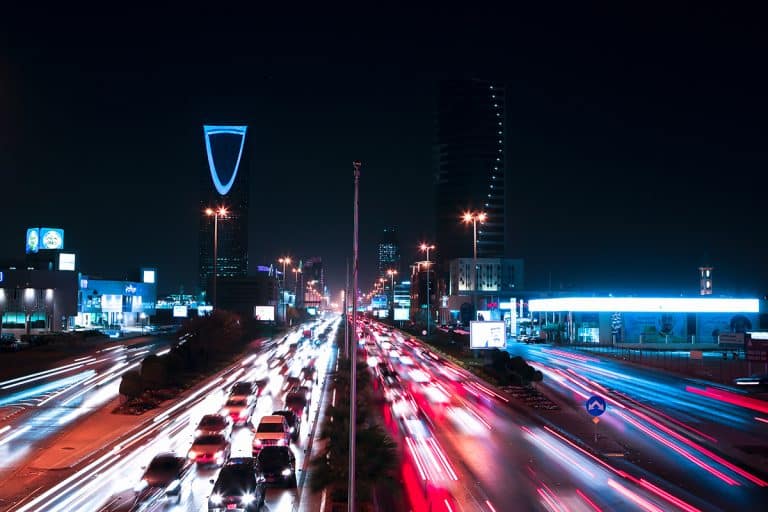Saudi Arabia could see its first fleet of self-driving taxis hit the streets of Riyadh by 2027 or 2028, the CEO of PIF-backed TASARU told Arabian Business.
Michael Muller’s comments came during an interview on the sidelines of the Future Investment Initiative (FII) summit in Riyadh this week.
The CEO highlighted that tech readiness was no longer the primary hurdle.
“The technology itself is ready – it’s more about the regulations and final validation of these vehicles,” he said, echoing similar sentiments expressed by Tesla CEO Elon Musk at the same event during the previous day.
Unlike common assumptions, Muller clarified that extensive infrastructure modifications were not entirely necessary for deployment.
“This technology doesn’t need much infrastructure. It can easily survive in normal traffic,” he said, adding that autonomous vehicles could operate with existing road systems.
The company, which launched in October last year, has been strategically positioning itself as a gateway for autonomous technology in the region. Its recent investments in autonomous vehicle technology companies align with Saudi Arabia’s Vision 2030 objectives.
TASARU is now looking to expand its footprint in the kingdom’s mobility sector. The company announced at FII on Tuesday its strategic investment in Blacklane to tap into premium chauffeur services for the kingdom, with sustainability at its core.
The partnership will see Blacklane launch an electric vehicle fleet initially in Jeddah and Riyadh, with plans for broader national expansion.
The PIF-backed investment vehicle is also eyeing significant investments in the logistics sector by year-end, said Muller, hinting at upcoming announcements in the sector. These moves are part of a broader strategy to develop Saudi Arabia’s automotive ecosystem, supporting major projects including Ceer and Lucid.
“We’re working in two teams – one focused on scanning new opportunities on the investment side, and the second supporting our partners to meet the right companies here in KSA that need this technology,” Muller said, describing the company’s approach to 2025.
San Francisco’s current deployment of autonomous vehicles without safety drivers serves as a model for what Riyadh could achieve, with Muller suggesting Saudi Arabia could become one of the next major hubs for autonomous vehicle technology outside the United States.






